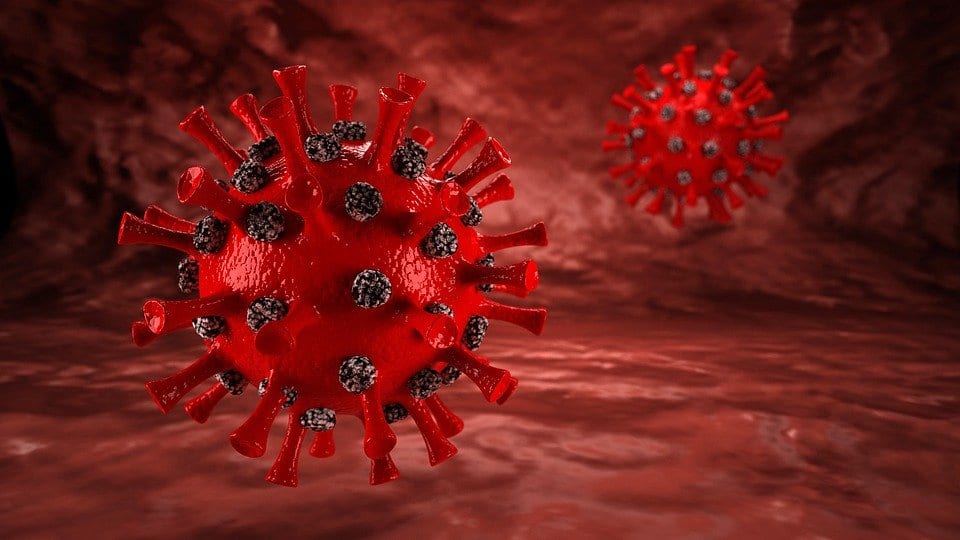Saying “coronavirus changed the world” seems like a bit of an understatement right now. Jobs have embraced “work from home” en masse. Doctor’s appointments are being rescheduled, school is online, and most of us are listening to a stay-at-home order. With what started as a 3-week “shelter-in-place” has now progressed to a point when a lot of us are wondering: when will we be out of the house again?
Unfortunately, it doesn’t look like that will happen any time soon. But some experts think that antibody testing could be the key to change. Having antibodies against COVID-19 could potentially provide some immune assistance against reinfection.
However, researchers still cannot say with certainty if antibodies will provide immunity. But understanding what an antibody test could provide is still an important step in recognizing how the medical community is attempting to combat coronavirus.
So what is a coronavirus antibody test?
According to Health, an antibody test measures the amount of antibodies in your blood. In Chapter 12 of Environmental Microbiology (2nd ed.), Scot E. Dowd, Marilyn J. Halonen, and Raina M. Maier describe antibodies as:
proteins produced by the immune system…that help defend the host against foreign invasion. When a host is challenged by foreign material (bacteria, virus, toxins, etc.) the first response of certain host immune cells called macrophages is too engulf these invaders (antigens).
Basically, antibodies fight the antigens. But more than that, antibodies are very specific to the targeted antigen. Antibody tests would look to test either immunoglobulin M (IgM) or immunoglobulin G (IgG). IgM can usually be found for a few weeks to month after infection, and can be tested for within 1-2 weeks of infection. IgG, on the other hand, can be found in the blood for decades.
Positive Antibody Test
Let’s say you’re curious about your coronavirus status and you want to have an antibody test done. So you go to the doctor, get an antibody test, and it comes back positive. What does that mean for you moving forward? Are you now immune from coronavirus?
Well, doctors don’t really know. The common cold is caused by a seasonal coronavirus strain. But even if we build antibodies for the cold, they eventually leave our blood. That’s why we can have colds more than once. So while doctors believe that having COVID-19 antibodies would protect from reinfection, at least for a certain amount of time, it is unclear how long that protection would last.
Coronavirus Antibody Test Availability
At the moment, there is only one FDA-approved coronavirus antibody test. In the interim, the CDC is performing its own testing. The NIH will also be performing antibody testing on 10,000 volunteers to determine the actual rate of infection. Additionally, this could provide potential numbers on asymptomatic infections. To be tested, you will either have blood taken or prick your finger to obtain the blood.
Test Reliability
Are antibody tests accurate? There is a lot of controversy regarding this question. The United Kingdom states that antibody tests will not performed until May, as current testing is unreliable. These could result in false positives or negatives.






